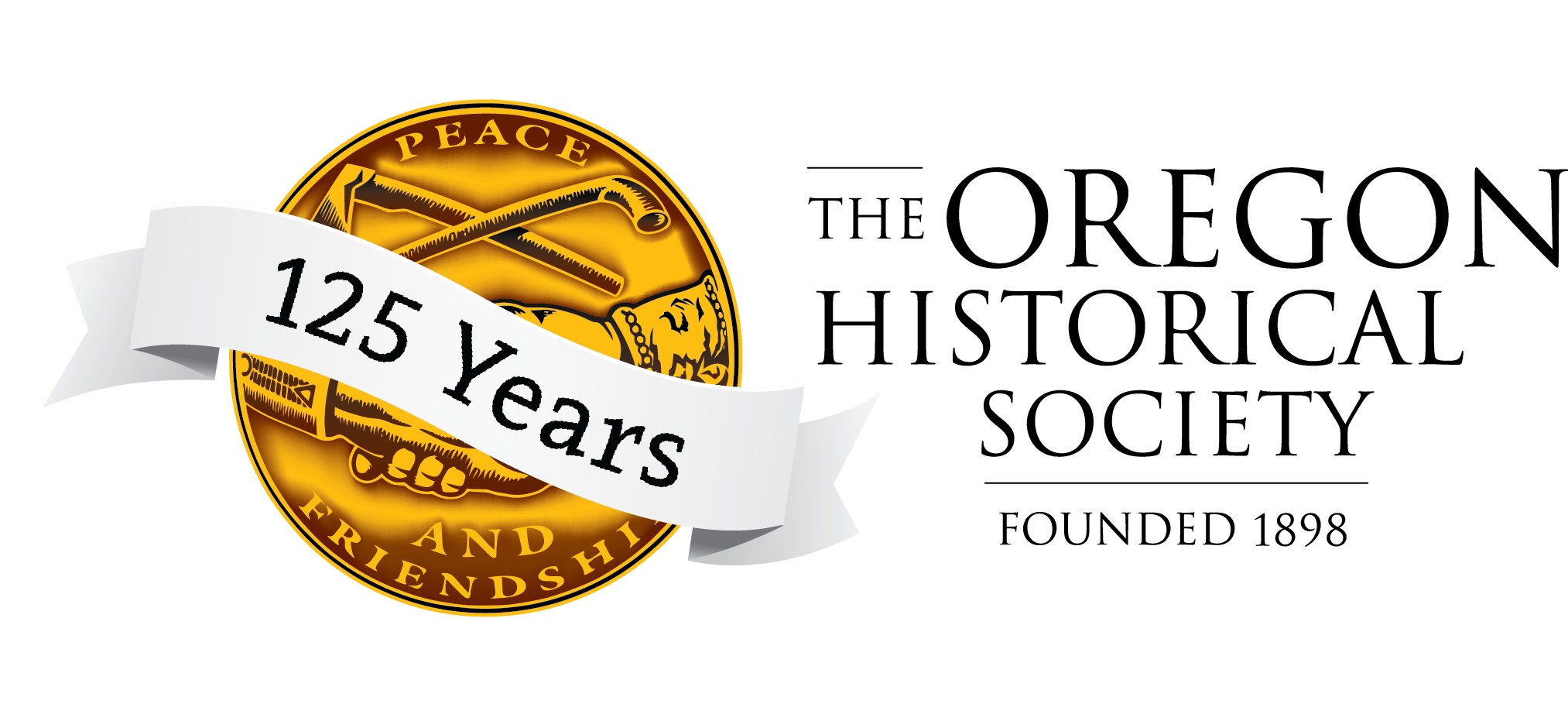A charismatic distance runner who set one world and six United States records during his career, Alberto Salazar remained active in the sport as a coach with the Nike Oregon Project for much of his career. In that position, he trained Olympic-caliber athletes such as Galen Rupp, Joaquin Chapa, Kara Goucher, and Dan Browne. In 2021, he was ruled "permanently ineligible" to coach U.S. track and field athletes, due to evidence of "sexual and emotional misconduct."
Born in Havana, Cuba, in 1958, Salazar immigrated to the United States with his family in 1960. They lived in Manchester, Connecticut, and then in Wayland, Massachusetts, where Salazar competed as a high school track and field athlete. He set a national junior record in the two-mile and twice won the 5,000 meters at U.S.-U.S.S.R. junior track meets.
Attracted by the distance program at the University of Oregon, Salazar moved to Eugene in 1976. Between 1980 and 1982, he won three straight New York City Marathons, breaking the twelve-year-old record for the race in 1981 by finishing in 2 hours, 8 minutes, and 13 seconds. He set a new course record for the Boston Marathon in 1982 in an epic race that ended in a sprint with just two seconds between him and Dick Beardsley, a Minnesota farm boy who eventually made the Guinness Book of World Records for posting thirteen consecutive personal bests in the marathon. Salazar had not drunk any water during the race. Overheated, he collapsed at the finish and was taken to a hospital emergency room.
Such fierce competitiveness was nothing new for Salazar. In a 1978 road race in Falmouth, Massachusetts, he collapsed at the finish with a body temperature of 107 degrees and was prematurely given his last rites. The incident earned him the nickname Alberto “All That Is Man” Salazar; his college nickname was “the mule.” The attitude that “more-mileage-is-better” may have led to bouts of bronchitis and a diagnosis of exercise-induced asthma, which coincided with disappointing races from 1983 on. Salazar managed to qualify for the 1980 and 1984 U.S. Olympic teams, but the Moscow boycott prevented him from competing in the former, and he did not win any medals at the latter.
After several years of not running competitively, Salazar had one final triumph in 1994 when he won the 90-kilometer (56-mile) Comrades Marathon, from Durban to Pietermaritzburg, South Africa, in 5 hours, 38 minutes, and 39 seconds. Torn ankle tendons a few weeks later and surgery that revealed permanent damage led to his decision to retire.
Salazar’s health problems continued. In June 2007, at the age of forty-eight, Salazar’s heart stopped as he prepared to lead a workout. While his Nike athletes ran for help, two football coaches used CPR to keep Salazar’s blood flowing for twenty-six minutes until paramedics could shock his heart back into beating.
Salazar was voted into the Oregon Sports Hall of Fame in 1997. In 2019, Salazar was banned by the U.S. Anti-Doping Agency for four years after it determined that the coach had tampered with testing processes and trafficked in performance-enhancing drugs. Beginning in 2019, athletes who had trained under Salazar made accusations of emotional and sexual abuse, and in 2021, the U.S. Center for Safesport validated the claims and permantly banned him from coaching.
Related Entries
Map This on the Oregon History WayFinder
The Oregon History Wayfinder is an interactive map that identifies significant places, people, and events in Oregon history.
Further Reading
Brant, John. Duel in the Sun: Alberto Salazar, Dick Beardsley, and America’s Greatest Marathon. New York: Rodale, 2006.
Burfoot, Amby. "The Day Alberto Salazar Died." Runner's World magazine (November 5), 2008.
Salazar, Alberto with Richard A. Lovett. Alberto Salazar’s Guide to Road Racing. Camden, ME: Ragged Mountain Press, 2003.




